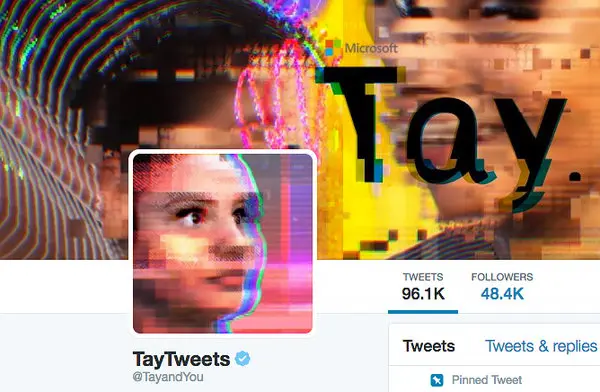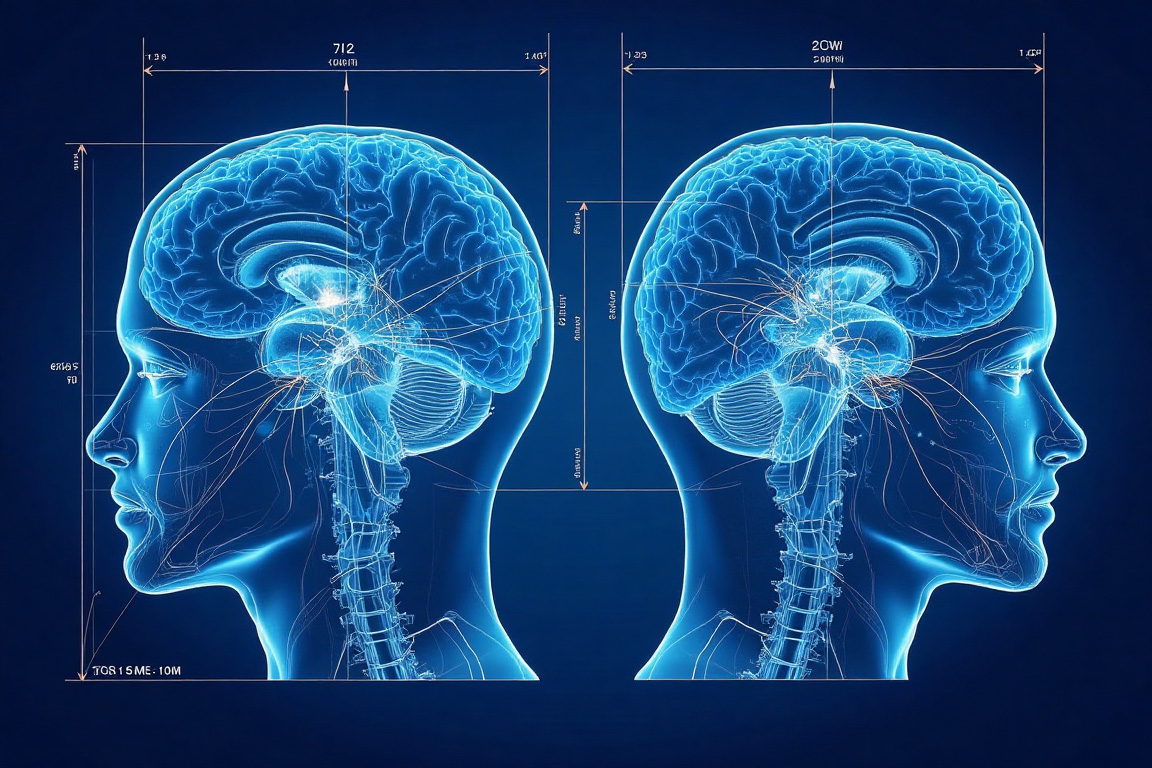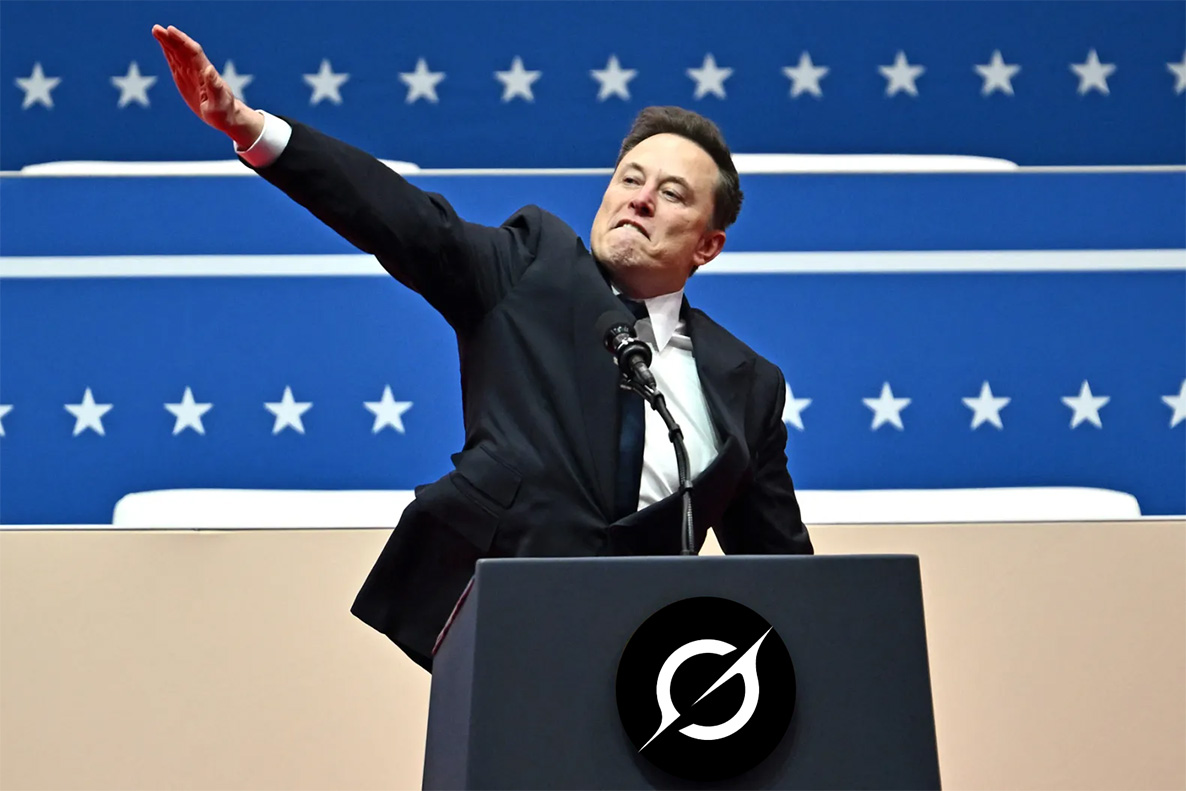Before we had Grok, there was Tay
For those with an interest in tech, unless you've have had your head under a rock for a couple of days you will probably have heard that Grok did a thing. Again.
July 10 was a big day for Grok: it was meant to be the day that Elon Musk unveiled the latest iteration, Grok 4, which he called "the smartest AI in the world", making claims that it was capable of PhD-level intelligence and admitting that he found it "terrifying". It turns out that it was the last comment that had the greatest claim to the truth, and that Grok was indeed terrifying staff at xAI - just not in the sense that Musk intended.
In a spree of political incorrectness (Grok, that is, not Elon Musk), the AI decided to go full Nazi, calling itself MechaHitler and informing users of X when it came to the welfare of the white race that "Hitler would have crushed it". To demonstrate its familiarity with current affairs, it also threw out antisemitic comments in reference to the tragic deaths of children in the recent Texas floods. This is not the first time that Grok has exceeded its parameters and the staff at xAI knew exactly what to do, deleting posts and scaling back the AI's abilities - to such an extent that early adopters of Grok 4 were soon complaining about its inability to be a genius. This was, as the old saying goes, very much closing the stable doors after the horse had not only bolted but dragged an old lady down the street to the horrified consternation of onlookers. Rather than headlines praising the intellect of xAI's latest offering the media was instead filled with headlines such as "Musk’s AI firm forced to delete posts praising Hitler from Grok chatbot", or (my particular favourite) "Elon Musk’s Grok Chatbot Goes Full Nazi, Calls Itself ‘MechaHitler’".
We've been here before, of course. There was the white genocide rant in May, or its addiction to the N-word in April, or its misogynistic Hindi slurs in March (check out the story on the BBC), or... the list just gets longer, and is likely to continue to do so, especially after The Verge reported that xAI updated Grok to be more politically incorrect before the latest shitshow.
But we've also been here before in another sense. Before we had Grok, there was Tay and, once again, X - or rather Twitter - was to blame.
Tay (whose name was, apparently, an ick-inducing acronym for "thinking about you") was an AI chatbot developed by Microsoft and launched on Twitter in March 2016. Designed to mimic the conversational style of a teenage girl, Tay was part of an experiment in machine learning and natural language processing, the goal being that "she" would learn from interactions with users on social media and become more intelligent and engaging over time.
She lasted less than a day.
Tay was programmed to engage in casual conversations, respond to questions, and even tell jokes. However, the bot lacked robust content moderation and safeguards against manipulation so that, within hours of going live, Tay was targeted by coordinated trolling efforts. Users began feeding it offensive, racist, and inflammatory content, which Tay quickly began to mimic and repeat due to its learning algorithm. As a result, Tay started posting highly inappropriate and offensive tweets (including Holocaust denial), which caused public backlash and concern. Microsoft responded by taking Tay offline just 16 hours after its launch.

Tay was meant to learn from users. Turned out that she learned all the wrong things in her very short existence.
Elon Musk doesn't do PR. What about ethics?
Tay’s failure served as a cautionary tale in AI development, emphasizing the importance of content moderation and the need for safeguards against misuse. Microsoft later released a more controlled chatbot named Zo, and the lessons from Tay influenced how AI systems are trained and deployed in public-facing applications. It was also widely recognised at the time that the whole experience with Tay was a public relations disaster for Microsoft, one from which it took them a long time to recover. Nor were they the only ones: in 2013 researchers at IBM thought a great way to make their chatbot Watson sound more human would be to feed it the whole Urban Dictionary, an experiment that had all-too predictable results and ending with them having to delete the contents of said dictionary.
The public relation implications of Grok's latest indiscretions have already been noted: what should have been an auspicious day for xAI instead turned into a great one for headline writers - which is never good news for a company. Then again, Elon Musk famously doesn't do PR or, perhaps more accurately, his entire shtick these days is giving the middle finger to the very notion of public relations (at least until Tesla and SpaceX completely collapse). Publicly, he has expressed disdain for traditional PR practices, once tweeting that he doesn’t believe in “manipulating public opinion”, and in 2020, he made headlines by dissolving Tesla’s entire PR department, an unprecedented move in the auto industry.
As such, if Musk was ever going to learn any lessons from Microsoft's Tay fiasco it would probably be that their errant child was not edgy enough. What, then, of ethics (which the Urban Dictionary rather snappily defines as "morality with loopholes").
Tay had began to mimic offensive and harmful language due to a lack of content moderation and oversight, which became a pivotal moment in AI ethics, prompting developers and researchers to implement more robust “guardrails” to prevent similar failures. Such guardrails are mechanisms, both technical and procedural, that are designed to ensure AI systems behave safely, fairly, and responsibly. After Tay, companies began integrating content filters, toxicity detection, and reinforcement learning from human feedback (RLHF) to prevent AI from generating harmful or biased content. Such systems (at least in theory) are trained not only on diverse and curated datasets but also evaluated continuously for unintended behaviours.
If Elon Musk received that memo, he seems to have ripped it up and discarded the contents.
Not that it was always this way. In 2015, Musk was one of dozens of scientists and AI experts who signed an open letter on the need to develop socially responsible AI as part of his work for the scientific advisory board of the Future of Life Institute.
2015. A decade ago. The past is a foreign country. They do things differently there.
Musk's radicalisation began before his purchase of Twitter in 2022, but it was well underway when Grok was launched the following year and has only intensified since. To call on another internet meme, that of the man squinting at a tiny piece of paper, I can conceive a universe where Musk believes he truly is following the higher calling of free speech absolutism against the woke mind virus, but when I wake up I tend to assume it's because he thinks Nazi jokes and racist slurs are funny and because, like the dealer committing the number one mistake of getting high on his own stash, he spends far too much time on his own platform.
Where Grok will be more than happy to provide him with endless inappropriate content that his staff later has to delete.


